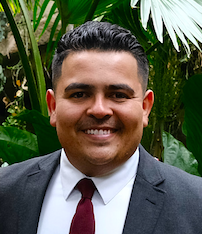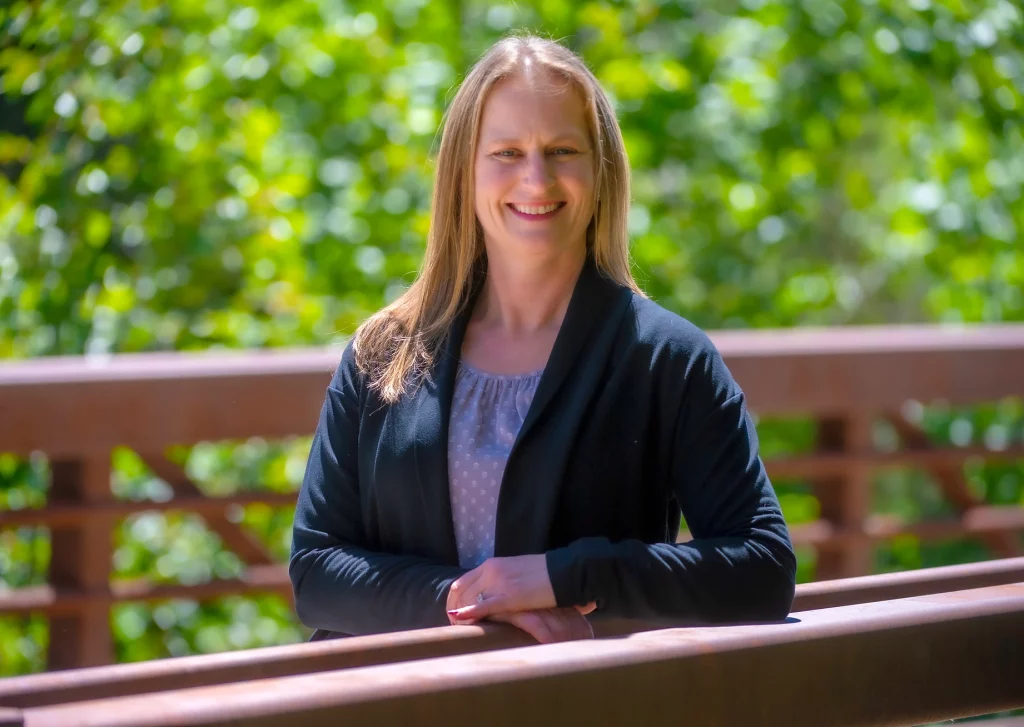Colorado has long prided itself on allowing parents to choose any school in the state that has room for their child and to which they are able to transport them.
A large majority of Colorado parents are aware that they have that right, according to Colorado data from a national survey released Wednesday, but parents seemed far from pleased with the quality of those schools.
Yet, despite concerns over quality, a majority said they’d still send their kids to their current school.
The high awareness of choice is helpful information, as is knowing that many parents are not satisfied with the quality of their school, said Nicholas Hernandez, executive director of Transform Education Now of Denver, an affiliate of the national education advocacy organization 50CAN, which sponsored a similar survey of all 50 states. He said this will help his group as it advocates for better choices, especially for lower income families.
“Every day my team sits with moms and dads, grandmas and grandpas and talks about their hopes, their dreams, what they see working, what they see not working,’’ Hernandez said. “Those stories are invalidated without the data.
“The best policy solutions come from the people most affected.’’

The incongruence of being dissatisfied with a school you’re willing to keep your child in is not lost on Hernandez.
“That number absolutely stood out to us, and we have some learning to do on that,’’ he said. “My guess is that it’s like, ‘Would I make the same choice today?’
“With no additional options, like not having transportation, making an alternative choice actually isn’t a possibility.”
Edge Research of Arlington, VA, conducted the nationwide survey of 20,090 parents and guardians of school-aged children from July 8 to August 22. In Colorado, 410 parents and guardians of K-12 children were surveyed in English and Spanish.
Colorado easily outranks the national average of families who believe they can pick any school they want – 75% to 65%. Results varied greatly, however, by income levels. While 81% of middle- and high-income parents believe choice is real, only 60% low-income parents agreed.
Some perennial culprits can account for that wide gap of faith in school choice.
“We have to address school quality across this state and across Denver,’’ Hernandez said. “I think the school consolidation process is an opportunity to do that.” (DPS is currently considering closing or consolidating a number of schools because of low enrollment).
“I also think we need to deal with the issue of transportation.’’
Technically a student in Colorado can attend any school in any district (if space is available), but they must get there on their own – districts do not supply a bus ride for choice students. Transportation is often a real barrier for parents with strict work schedules and other obligations.
“Who is choosing schools across town is generally not low-income families,’’ Hernandez said. “It’s generally not working families. It’s the folks that have the means to do so, and that leaves the most marginalized without a choice.”
On whether they were happy with the quality of their schools, only 40% of Colorado parents said they were; nationally it was 45%. Again, attitudes differed by income status: 35% low-income parents were satisfied with their school; 42% of middle- and high-income parents felt the same.
Overall, in Colorado 69% said they’d keep their kids where they are with 74% of upper income parents saying that, and 58% of lower income parents agreeing.
Hernandez attributes that partly to “an acknowledgement that families want their kids within walking distance. They do want their kids within their own community.”
Other notable findings from the survey:
- Confidence in schools’ ability to prepare students for the workforce and college was remarkably low – 29% and 27%, respectively.
That means nearly three-quarters of parents have little to no faith their kids are leaving high school ready for the next phase of adulthood.
Hernandez sees that as a reflection of the so-called Colorado Paradox: The state is one of the most educated, but people born and raised here have lower educational levels than those who move there. However, it is not limited to Colorado. Studies have shown a correlation between educational attainment and mobility of workers, a common pattern across the country.
“We know that many Colorado students are not going to college. And if you’re black, Latino or poor, you are certainly not doing that at the level of your (white, middle class) peers.’’
- More than a third of parents said schools do not seem to be addressing mental health issues sufficiently. Nationally it was 37%.
- And though many parents are dissatisfied with the quality of their schools, they don’t seem to pay a lot of attention to it. Only 31% said they reviewed information on their school’s academic performance; 25% of low income and 34% of higher income parents acknowledged they didn’t check.
But Hernandez believes “it’s not all doom and gloom. I think Colorado is working hard to provide access to afterschool activities, to out-of-school learning.”
The survey found that more than half of parents had kids who participated in organized sports, and art, dance and music programs. As for supervised after school programs, only a third of parents thought their kids were well served.
“I think there’s been a rich conversation around learning doesn’t just happen in the classroom,” Hernandez said. “I think we’re trending in the right direction.”



